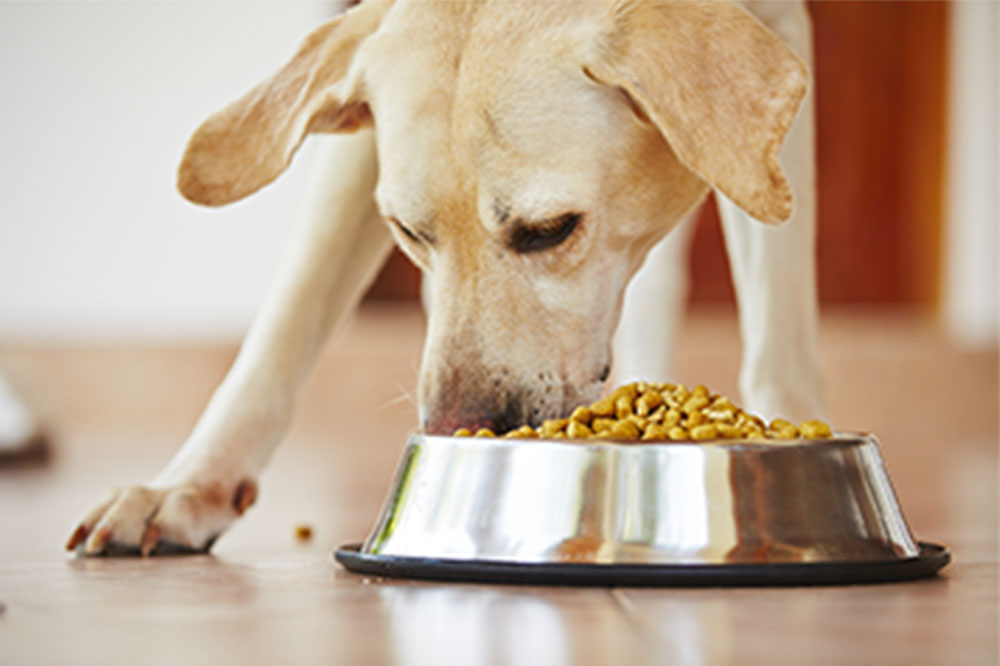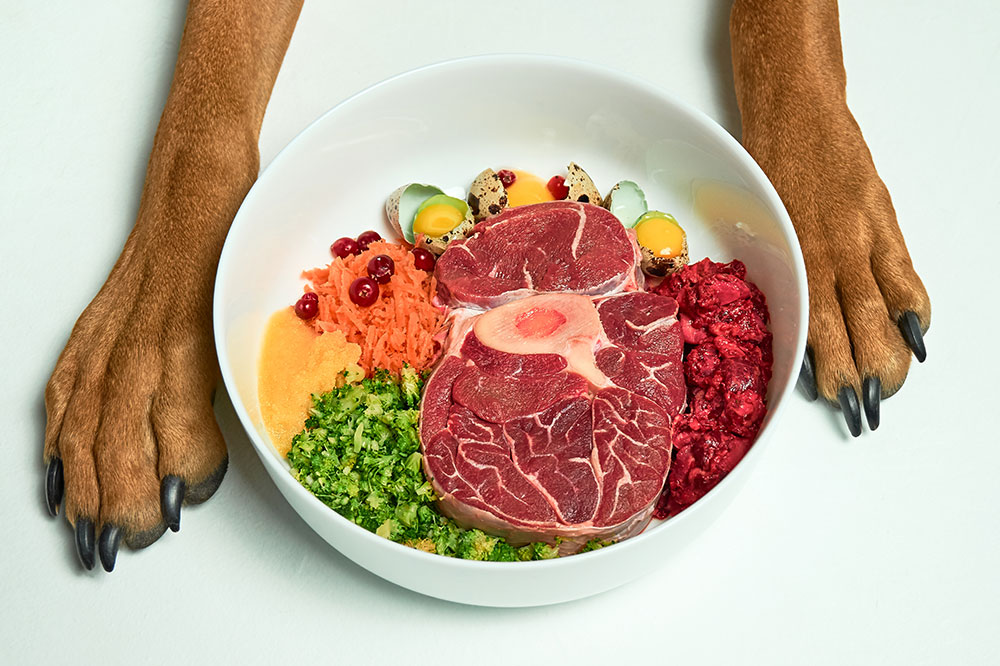Key Factors When Choosing Optimal Dog Food
Discover essential tips for choosing the best dog food tailored to your pet’s unique needs. Learn about ingredient importance, consulting your vet, and considering your dog’s lifestyle to ensure optimal health and nutrition. Make informed decisions with confidence and provide your dog with a balanced, nutrient-rich diet suited to their age, breed, and activity level.

Key Factors When Choosing Optimal Dog Food
Key Factors in Selecting the Right Dog Food
Before picking up any bag of dog food online, it's essential to understand your pet’s specific dietary needs. The quality of nutrients directly impacts your dog’s health and growth. Consider whether you prefer dry or wet food, fiber content or protein richness, meat-based or vegetarian options, raw or cooked, packaged or fresh — all these choices are discussed here.
Consider Your Dog's Unique Needs
Choosing the best diet for your dog can be complicated and sometimes costly. While all dogs share basic nutritional needs, individual differences like age, breed, health, and activity level mean not every food suits every dog.
Larger breeds require different nutrients compared to smaller ones, and special diets may be necessary for dogs with health issues or allergies. The dog's lifestyle—whether active or sedentary—and weight influence food choices, as does the frequency of meals and treats. For allergic pets, prescription diets might be recommended.
Review Ingredient Lists
Always examine the ingredients in dog food products. While the list doesn’t detail quantities or quality, it helps identify suitable options for pets with specific needs. Owners seeking high-quality sources of carbohydrates, proteins, and fibers should pay attention to ingredient sources. Although dogs are mainly carnivorous, they also benefit from grains, vegetables, and fruits, which provide vital vitamins and minerals. Nutrient-rich dry kibble and canned food can support overall health, making ingredient scrutiny essential when selecting the best diet for your dog.
Follow Your Veterinarian’s Advice
For trustworthy guidance, consult your veterinarian. They possess the expertise, research, and experience to recommend suitable diets based on your dog’s health and lifestyle. While observing your dog is helpful, a vet’s insights can simplify the decision-making process. If your pet shows good digestion, normal stool consistency, and a healthy appetite, you are likely on the right track. Remember, dogs are adaptable eaters and occasional treats like meaty bones can be included.
We understand the wealth of information available can be overwhelming, but focus on your dog’s overall well-being. A balanced diet and occasional treats are key to their health and happiness.










